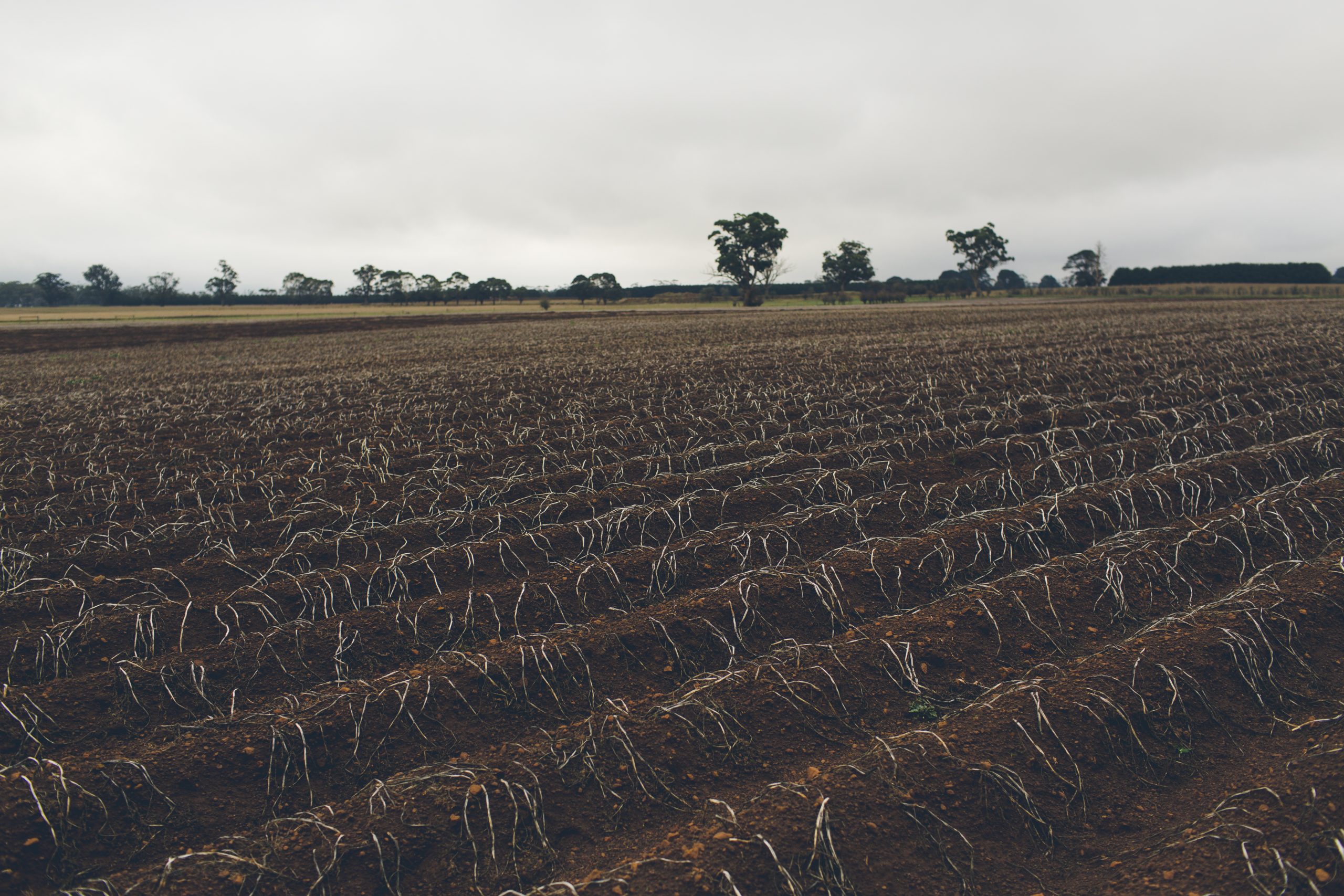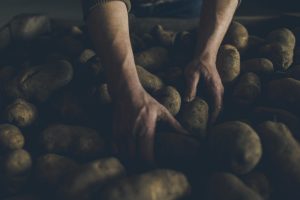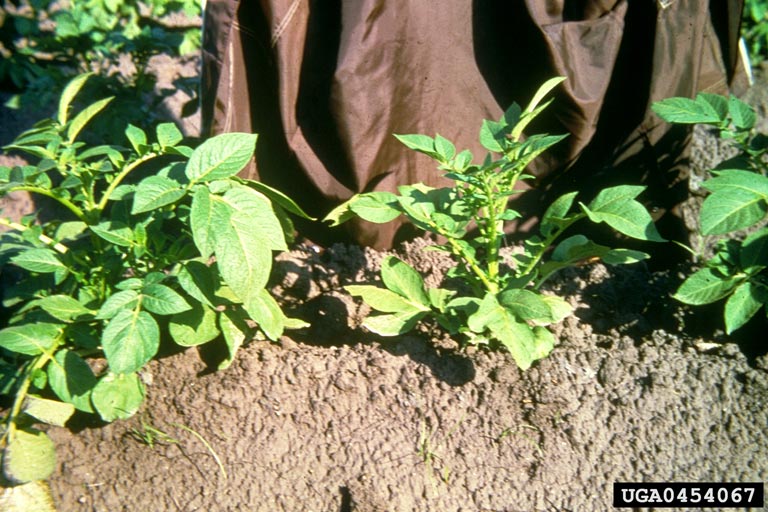
Disease profile: Potato Spindle Tuber Viroid
4 October 2021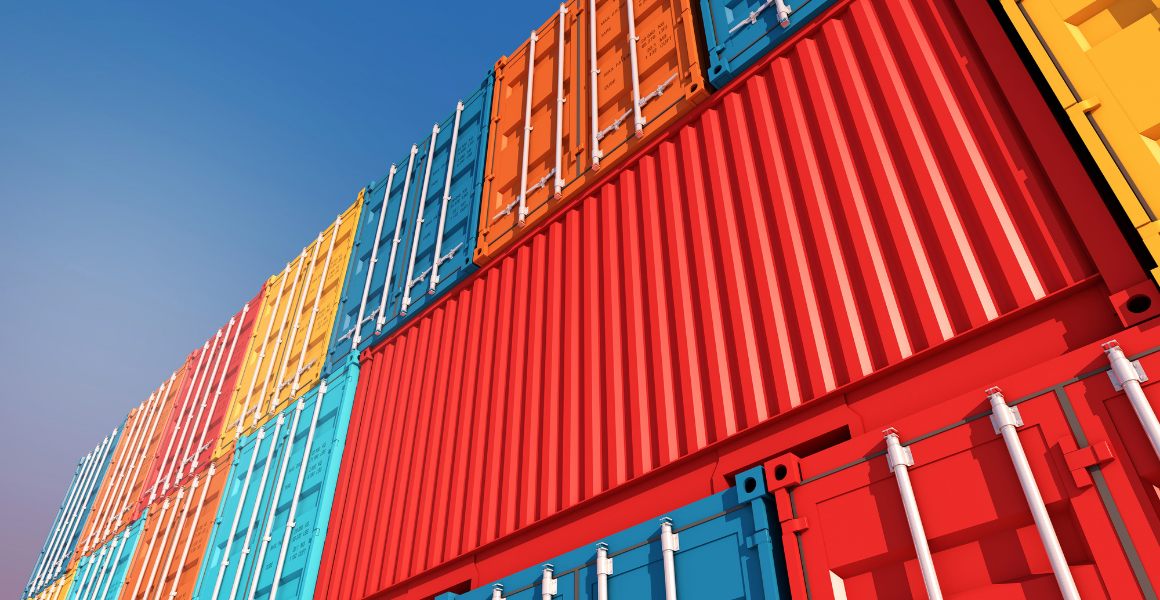
Potato export update
5 October 2021The future of potato production around Ballarat is under threat by a proposed major energy project that could result in above-ground transmission lines cutting through the major Victorian potato growing region. AUSVEG National Manager – Communications Shaun Lindhe provides an overview of the issue and its potential impacts on potato growers.
Gold is not the only thing you will find if you dig through the rich, volcanic soils of Ballarat, located around 110 kilometres north-west of Melbourne.
The city, once the focal point for Victoria’s Gold Rush in the 1850s and 1860s, is a major producer of potatoes – particularly for the processing industry, which supports the local economy and helps feed Australia’s growing appetite for potato chips, fries and other snacks.
However, this sector is under threat from a major energy project that proposes to install above-ground, high-voltage transmission lines cutting through the heart of Victoria’s potato processing farmland.
What is the WVTNP?
In late 2019, AusNet Services was awarded a contract to deliver the Western Victoria Transmission Network Project (WVTNP) by the Australian Energy Market Operator.
The project will require 190 kilometres of new overhead high-voltage transmission lines to run from Sydenham to Bulgana – running through dozens of farms in the state’s west – and would require about 380 towers, each up to 85 metres high.
A new terminal station will also be built to the north of Ballarat.
According to a statement from AusNet, the project will help to ensure sustainable and clean renewable energy being produced throughout western Victoria can enter the electricity grid as the state moves from coal-generated electricity to sustainable green power in coming years.
Producers and landholders in the Ballarat region have received letters of notice from AusNet via post that their land will be affected by the WVTNP.
According to AUSVEG VIC – the peak industry body for Victorian vegetable and potato growers – indications are that compensation will only be offered to landholders whose properties will have easements directly cutting through their land, which will represent a small percentage of overall landholders impacted by the project.
Impact on local businesses
According to growers in the area, the businesses in the region are under threat if potato production is compromised by the project.
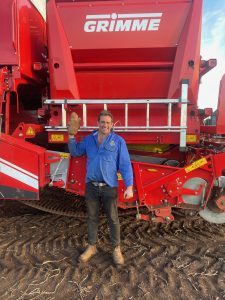
2021 Corteva Agriscience Young Grower of the Year, Xavier Toohey. Image courtesy of Corteva Agriscience.
Xavier Toohey, who was awarded the 2021 Corteva Agriscience Young Grower of the Year, runs a potato growing operation in Wallace, Victoria. He is worried about the impact that the project will have on the future of his family business.
“The reality is that we won’t be able to farm with the powerlines in here, simple as that,” Xavier says.
“I’ve invested heavily in water and infrastructure to grow crops, but as soon as these powerlines come in a lot of our equipment won’t be able to go underneath them.
“We’ve invested in a GPS pivot, one of only a few in Australia, and if these powerlines go up the GPS won’t work properly.”
Keeping the business alive won’t be as simple as relocating the farm.
“The rich volcanic soil here is perfect for growing potatoes, but there is only a limited amount of it – just a couple of kilometres away the soil changes and it isn’t nearly as good for growing,” Xavier says.
“If they do this project here, what are we going to do in 30 years when we need this area to be a food bowl?
“The compensation they are talking wouldn’t be enough to relocate even if we wanted to. Are they really going to compensate us for the future crops that would have come from these paddocks?”
According to Xavier, the WVTNP will have a greater impact on neighbouring properties.
“The project will affect a couple of my paddocks in Springbank, but it won’t affect me as much as some of my neighbours where the powerlines will go through each of their paddocks. Some of them are the biggest growers in the district, so it could lead to massive shortage of spuds for the area,” he says.
“Even if the powerlines go underground, there’s no guarantee that we will be able to continue farming here, particularly if AusNet goes for the cheapest option.”
Growers’ concerns
According to AUSVEG VIC Executive Officer Tim Withers, local growers are voicing their concerns but fear that they are not being heard by AusNet.
“Local growers feel their concerns have not been taken seriously by AusNet and that the impact of the project on the region’s potato production is an afterthought,” Mr Withers says.
“Growers have told us that they are being overlooked to find the cheapest route to deliver the project, no matter the cost to the region and the local industry.”
According to Mr Withers, should the WVTNP be approved in its current proposed format, growers anticipate the following impacts:
- Restrictions on the use of machinery over 4.3m in height.
- Restrictions on irrigation systems and layouts.
- No fuel storage.
- No aerial spreading or spraying of crop protection and fertiliser products.
- Inability to adopt modern ag-tech due to electrical interference.
“There are also concerns that workers moving between farms will not adhere to adequate biosecurity measures, and risk spreading diseases across farms in the region,” Mr Withers says.
Lack of consultation
Ballarat Potato Growers Association Chairman Chris Stephens says a major criticism of the project was the lack of consultation.
“From the start, we were disappointed with their consultation with the ag sector. Letters were sent in the mail and someone from AusNet offered landholders a $500 gift card to access their properties, but once they signed on the dotted line there was no limit to what they could do,” Chris explains.
“No one even knew anything about the project before that stage.
“Since then, AusNet has communicated poorly with landholders. Every question I’ve asked I haven’t received a clear or direct answer.
“Even though AusNet claims to be communicating with us they are not. They are taking information people have given them and providing no answers back to the community.”
Claims from local producers describe the consultation process by AusNet as inadequate across the board.
“The consultation with the region has been poor. They turn up to consultations with a pencil and paper – nothing’s online – and there’s no feedback on your questions six weeks after a meeting,” Xavier says.
“It’s 2021! If they are fair dinkum on consulting with us, notes would be online and available for anyone to see. They are not taking the job seriously.”
Threat to future of local potato industry
According to Chris, the WVTNP sets a dangerous precedent that will have far reaching implications for farmers in Ballarat and across Australia.
“There is no other area in the world where high voltage powerlines have gone straight through highly productive irrigation districts. This will be the first case in the world,” Chris says.
“What they’ve done is draw a line on the map without taking the land usage into consideration.
“The planning has been poor – no feasibility studies were undertaken that took into account the impact on the local industry and its economy. Farmers are getting thrown under the bus.
“This will be an ongoing issue for other areas as well. This is the first of 12 new transmission lines up and down the east coast of Australia. There will be many farmers in the same position as us.”
The issue isn’t just with properties directly along the proposed route.
“Already, neighbouring properties have had energy companies looking to buy land to build solar and wind energy farms near the proposed substation, given the closer the energy farms are to the substation the cheaper it will be to provide energy to the grid,” Chris says.
“Family farms can’t compete with big companies. If we lose this soil, then it proves decision-makers don’t care at all about food security.”
Impact on potato processing
Any impact on potato production will have significant flow-on effects on for growers and processors in the region. This will be particularly relevant to McCain Foods – a major contractor for growers in the region – with growers already worried that they will be unable to fulfil their contracts due to the impact of the WVTNP.
In a submission lodged by McCain Foods to the State Government, it argues AusNet’s rules and restrictions on producers would threaten up to 1,000 hectares of potato-growing land – equivalent to 60 per cent of the company’s production area in Ballarat.
“While the exact route is yet to be determined, McCain Foods estimates it will impact approximately 29 local growers and their businesses – many of whom supply to the region’s food processors,” a McCain Foods spokesperson said.
“While this does not pose a risk to the ongoing viability of the McCain Foods Ballarat processing facility, we will always seek to support our growers, with whom we have longstanding relationships.
“We would hope that every effort will be made to avoid disrupting the livelihoods of all growers in our local region.
“We also are concerned about the potential loss of some of the most valuable agricultural soil in Victoria, and indeed Australia. With highly efficient centre pivot irrigation, which maximises the application of our precious water resources, our growers in this region produce some of the best quality and highest yielding potato crops in the world.
“Australia is a country of limited high-quality soils so this productive land should be protected and farmed sustainably for the food security of future generations.
“McCain is aligned with our growers that these constraints directly threaten the potato industry in the region.”
Alternatives on the table
Mr Withers says that industry understands the need to upgrade energy infrastructure, but there are other alternatives that must be considered that do not put the region’s potato industry under threat.
“Further planning of alternate options to deliver the project is needed, including the exploration of underground power cabling options along existing easements such as the Western Freeway,’ he says.
“This would not only future-proof the project from climate disasters, but it would protect local land values, national crop production and protect the community from exacerbating disasters such as bushfires fuelled by destroyed power infrastructure.”
AUSVEG VIC, AUSVEG and the Victorian Farmers Federation will continue to lobby the State Government to encourage alternatives to the current proposed route that prioritises profits over preserving prime agricultural land.
Find out more
Please contact AUSVEG VIC Executive Officer Tim Withers on 03 9882 0277 or email info@ausvegvic.com.au.

